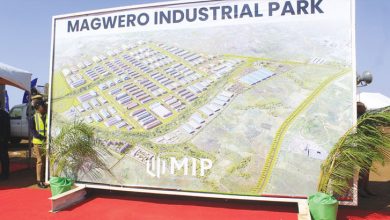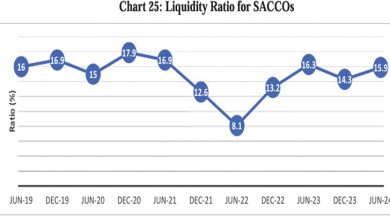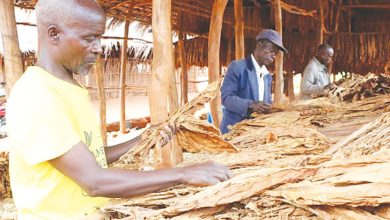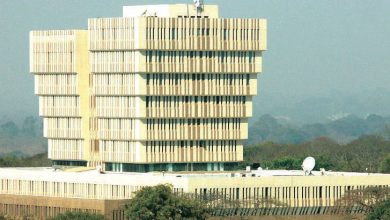Comesa decries low private sector climate financing
The Common Market for Eastern and Southern Africa (Comesa) has decried the private sector’s low climate financing, which has left countries, including Malawi, in chronic hunger because of lack of sustainable food production systems.
Speaking at the 11th Annual Research Forum in Zambia on Tueday, Comesa secretary general Chileshe Mpundu Kapwepwe said there have been increasing devastating effects of climate change, with several countries facing long spells of drought and subjecting huge populations to chronic hunger because of low climate financing from the private sector.
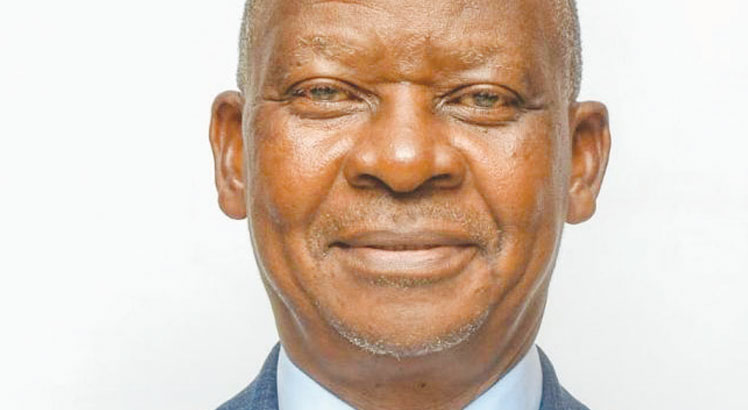
In a statement made available to Business Review, she is quoted as having said: “Climate financing is a huge investment opportunity in the region and it is important to lower the cost of capital in green projects as we scale up industrialisation efforts.
“Research efforts should lead in proposing innovative green investment options, futures and derivatives tailored to finding lasting solutions to our region’s socio-economic problems.”
But Kapwepwe said 87 percent of climate finance comes from the public sector, which is not enough to foster solutions.
Comesa Business Council president James Chimwaza, a former Malawi Confederation of Chambers of Commerce and Industry president, attributed the private sector’s low climate financing contribution to worsening economic environment, which is limiting most players to survival only.
He said: “Most private sector players are facing challenges because of rising inflation and interest rates, which are affecting production.
“ I think with proper research, public private dialogue and proper partnerships such innovative climate smart projects are possible.”
In her remarks, International Trade Centre deputy executive director Dorothy Tembo said a lot has changed and the context has become more challenging within the region and the rest of the world because of a number of crises that require customised, sustainable and inclusive solutions.
She said: “One of the major hindrances in the way of greater value addition in green investments, tourism and the benefits they can bring for Comesa small businesses is lack of timely, comprehensive data on trade and market trends, analysis and export requirements which is important for informed decision making.”
Speaking in an interview on Tuesday, Economics Association of Malawi acting president Bertha Bangara Chikadza said private sector investment is crucial for climate financing, especially given the scale of funding required to address climate change effectively.
“We need to scale private funding because financial resources required to combat climate change far exceed what public funds alone can provide.
“Therefore, leaving this work to public funding alone will fall short of the critical funding needed to combat climate change.”
Bangara Chikadza said for instance, World Bank’s climate finance reached $42.6 billion (about K74.5 trillion) in 2024, but significant gaps remain.
“Therefore, private sector investment can help bridge these gaps,” she said.
The meeting attracted member States, academia, including officials from the University of Malawi, private sector players and officials from Economics Association of Malawi.

